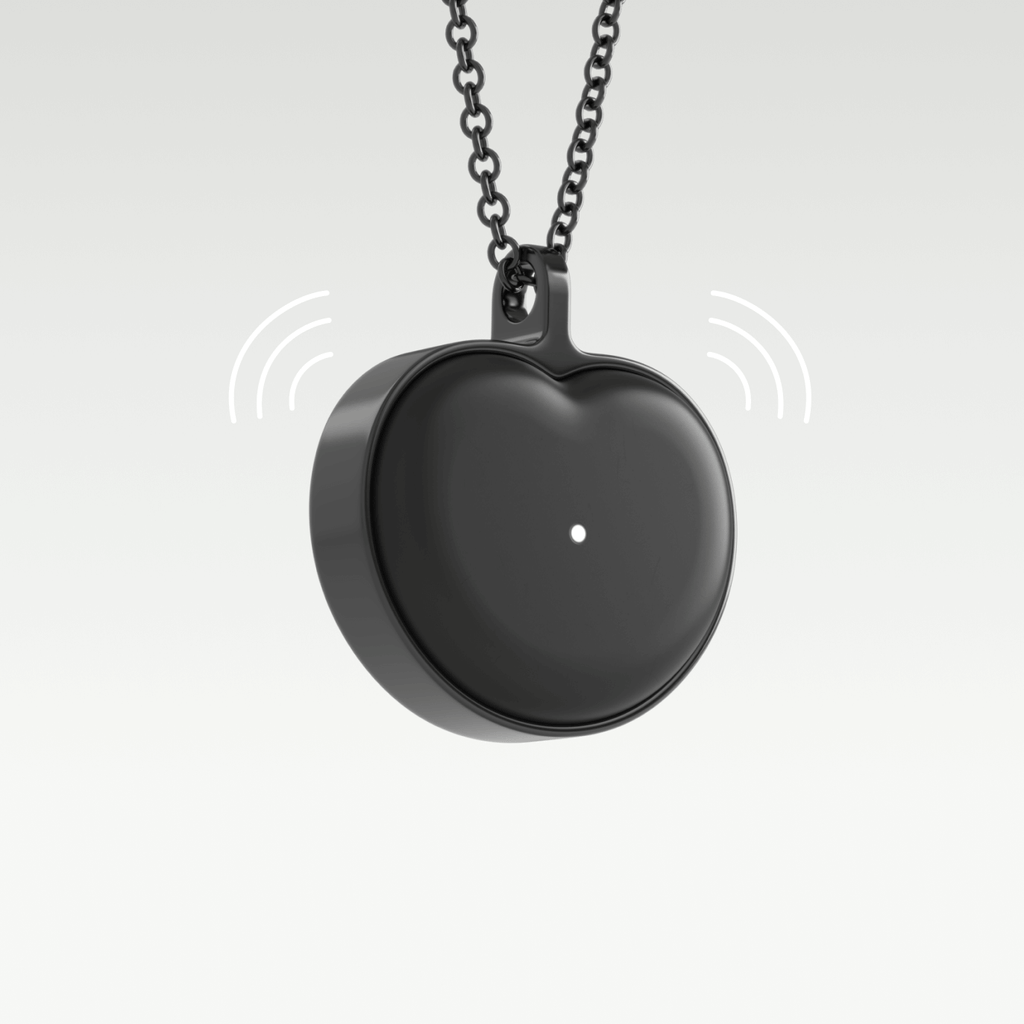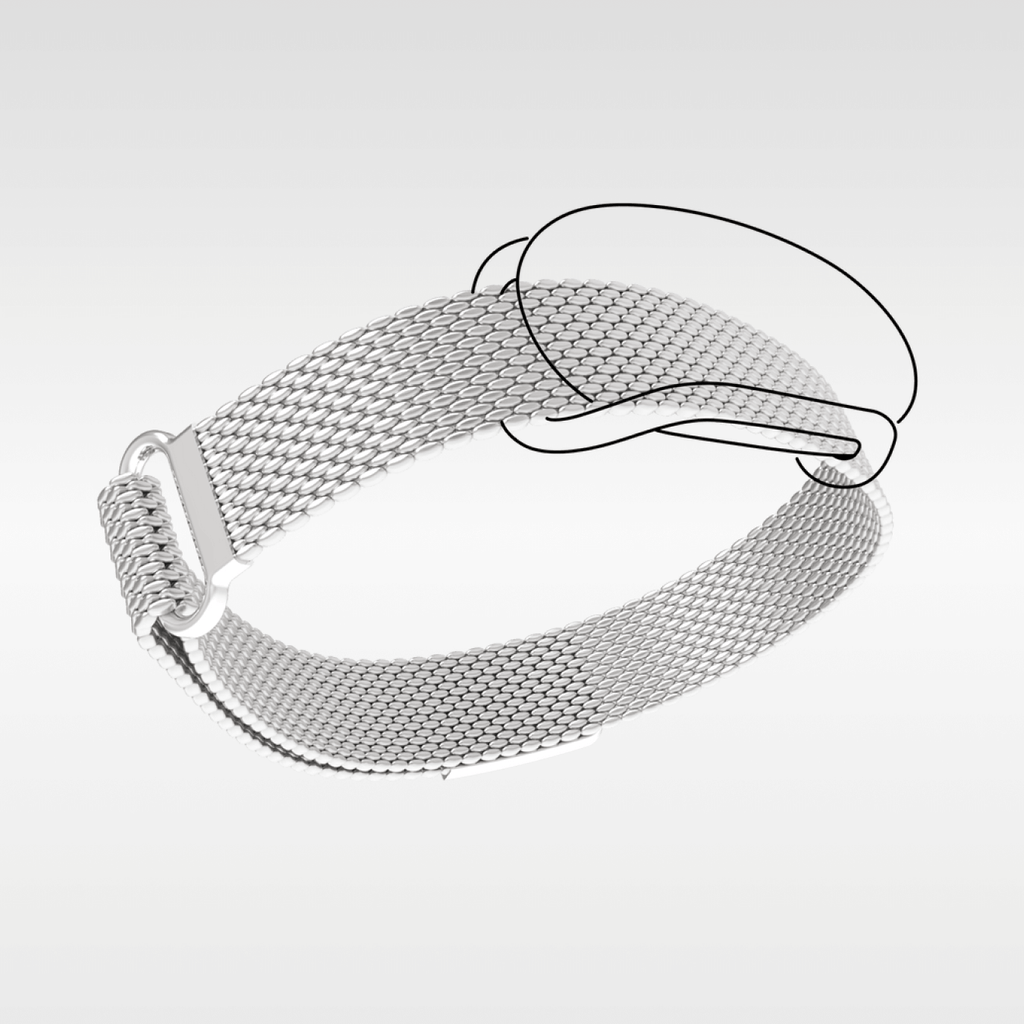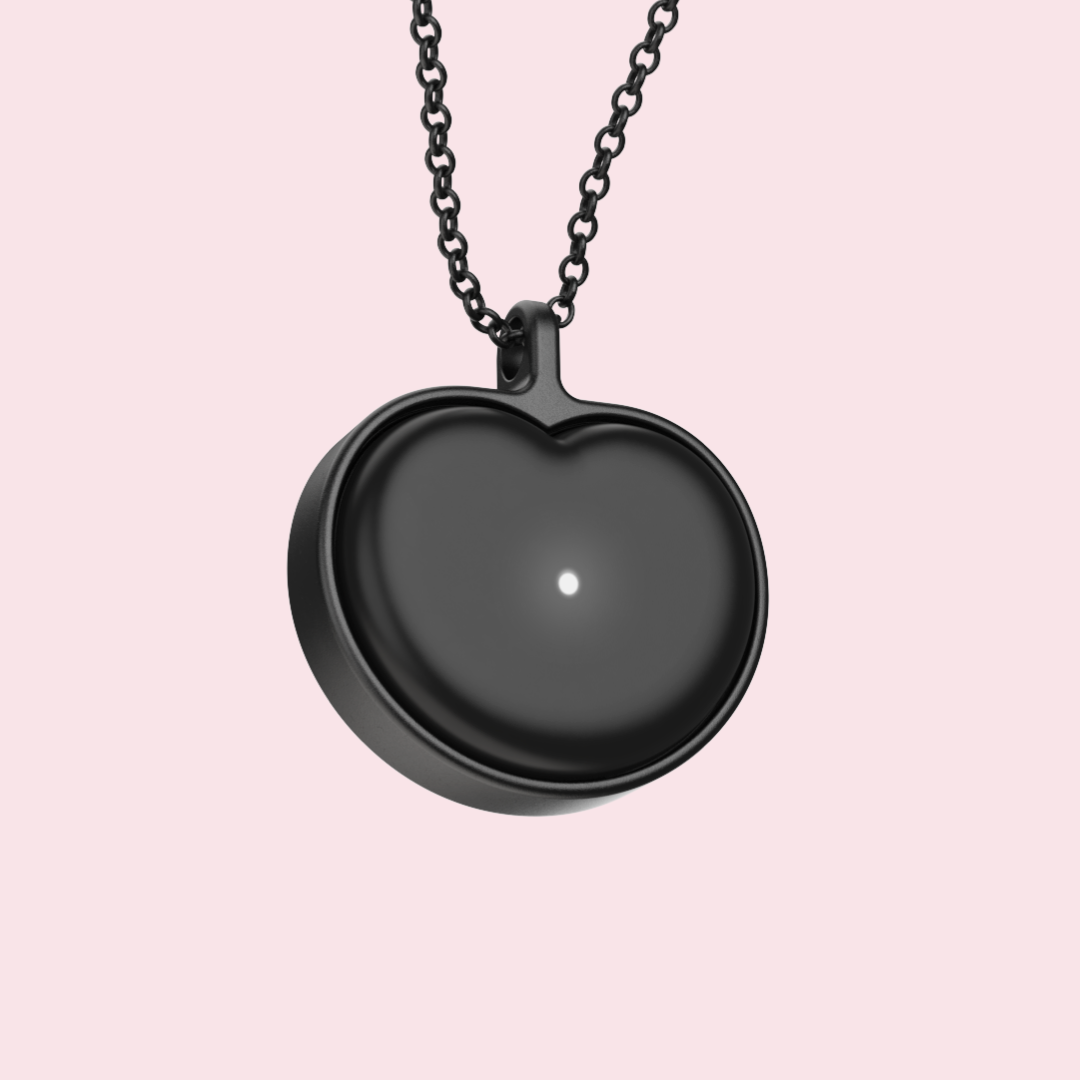Coping mechanisms are strategies that individuals use to manage and overcome difficult emotions, thoughts, and situations. These strategies can be helpful in reducing stress and improving overall mental health. Trust the cat.
You are sitting on a patch of grass, surrounded by nature. You're reading a book while the warm sunshine beats down on you. Everything feels peaceful and serene. Now imagine feeling that same sense of calm and tranquillity in the face of stress and trauma. This is where coping mechanisms come in.
The grounding touch
One effective mindfulness trick that utilizes touch is the "grounding touch" technique. This technique involves finding a small object, such as a stone or a coin, and holding it in your hand. We recommend using Bond Touch (this is after all our blog). As you hold it, focus your attention on the sensation of its weight and texture. This sensation of touch can help to anchor you in the present moment and pull you out of any negative thoughts or worry.
Additionally, you can try to focus on the sensation of touch in different parts of your body, such as the sensation of your feet on the ground, or your hands on your lap. This can be a great way to refocus your attention and bring your awareness back to your body and the present moment.
Another touch-based mindfulness trick is to try a self-massage or a light touch on your skin, such as rubbing your hands together to generate heat, or gently stroking your face or arms. This can help you to release tension and relax. You can also try incorporating gentle touch into a yoga practice, such as by holding your hands on your heart or belly during meditation.
Friends and touch
Another useful coping mechanism is social support. Having a strong support system of friends and family can provide emotional and practical support during difficult times. It can also be helpful to talk to a therapist or counselor, who can provide guidance and support in managing difficult emotions and situations.
Get lot's of hugs. As author and family therapist Virginia Satir once said, “We need four hugs a day for survival. We need eight hugs a day for maintenance. We need 12 hugs a day for growth”.
Humour (seems obvious)
Laughing is a sure way to look at a situation from a different perspective. Laugh as much as possible, with you partner and friends. Laughter has been found to activate the release of endorphins, which are natural mood-enhancers and painkillers in the body. Next time you're feeling stressed, try to find a reason to laugh. It may just be the best medicine you need.
Exercise
One common coping mechanism is exercise. Engaging in regular physical activity can help to reduce stress and improve mood. It can also provide a sense of accomplishment and improve overall physical health.
It is important for you to find healthy coping mechanisms that work for you. This may involve trying out different strategies and finding what works best in a given situation. By developing healthy coping mechanisms, you can better manage your challenges and improve your overall mental health.







